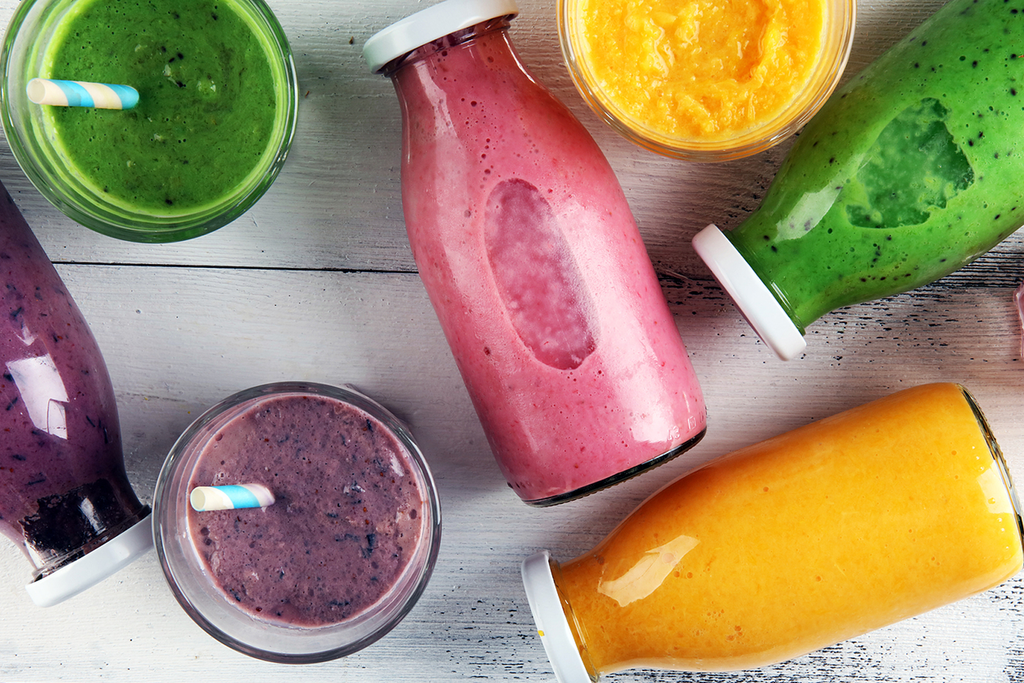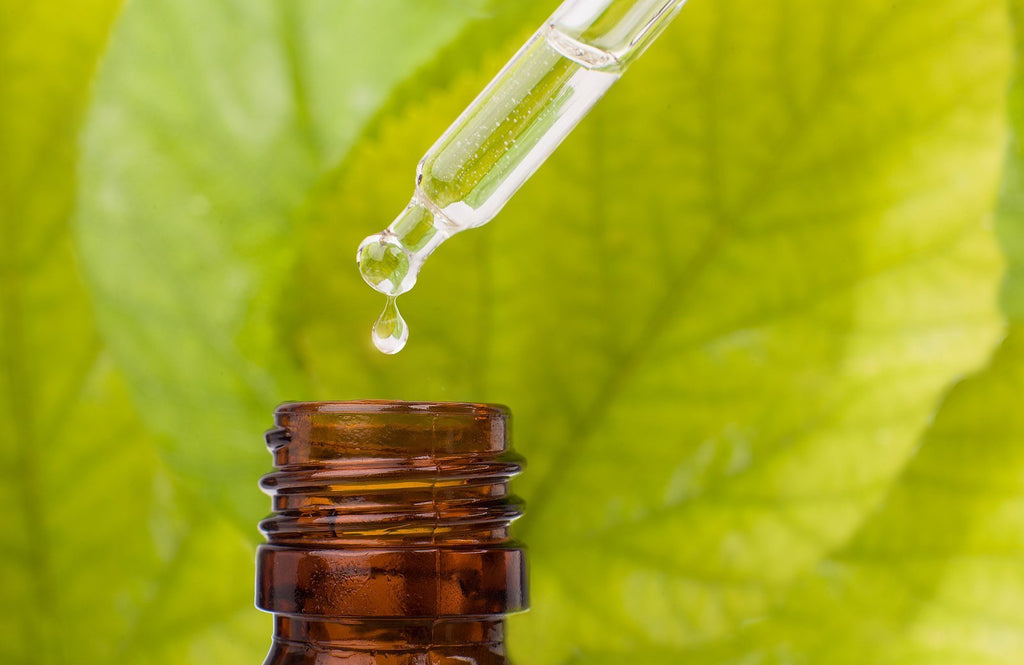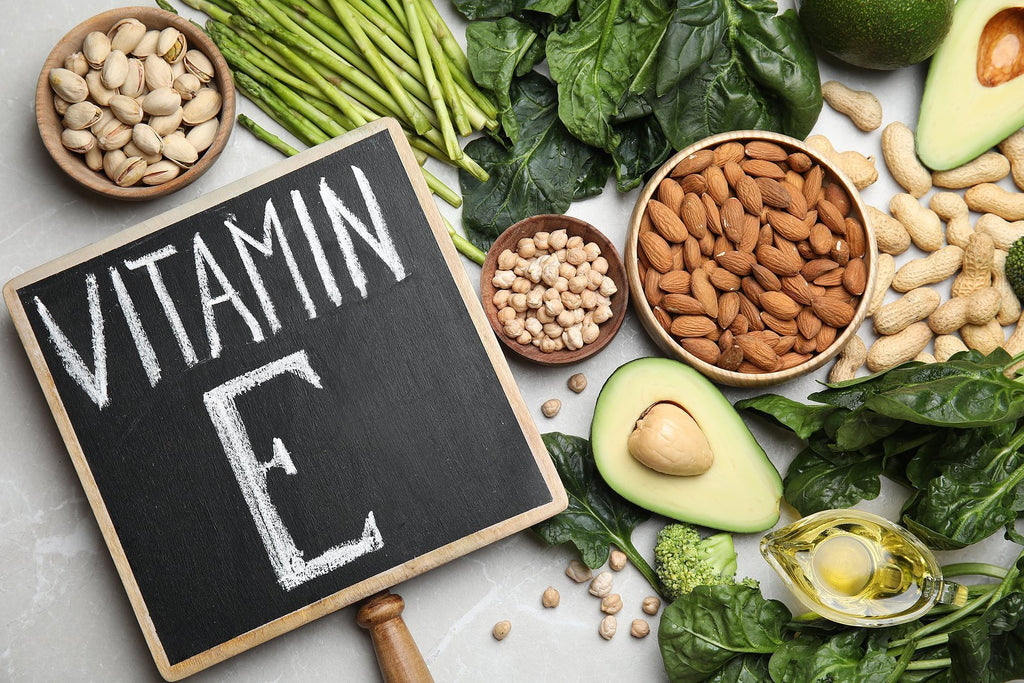What Is Food?
We talk a lot about nutrition and what you should and should not put into your body. Of course, that is very important, but to fully understand, it is vital to look at something more fundamental – mainly, what is food?
If you ask people that question, as I have, you’ll get some very interesting answers. And it’s impossible for all to be right because many of them are going to be different, and some of them are actually conflicting. So here are some answers I’ve actually gotten…
So I asked the question, “What is food?”
“Well, Dr. Huntington, food is …what I eat when I’m hungry.” Well, that doesn’t really tell us too much, so we’ll look at another one…
“Dr. Huntington, food is whatever I like to eat!” Alright, well, that would get me in trouble, so let’s look at another one…
“Food is anything that my body can use for energy.” Now that definition is a bit closer, but it is still missing the mark, just a little bit.
I’ve also gotten this one, “Food is cheese fries and a coke, or a hotdog and potato chips and fried chicken and…” I don’t want to know what else he was going to classify as food, so I had to stop him.
So, What IS Food?
Let’s look at the actual definition of food. By the way, why are we looking up definitions? The reason it is a good idea to use a dictionary to help figure out what food actually is, is because there are so many things that people consume that are not food. They are something else, but not food.
Food definition: A material consisting essentially of protein, carbohydrate, and fat used in the body of an organism to sustain growth, repair, and vital processes and to furnish energy.
Okay, let’s take a closer look at the first part of the definition: A material consisting essentially of protein, carbohydrate, and fat…
That, in itself, just eliminated a whole bunch of stuff people are cramming into their mouths and calling “food”. Things like artificial sweeteners, MSG, synthetic trans fat (margarine and vegetable shortening), artificial colorings, common preservatives… That’s just a short list of some of the things that are non-foods that people are eating every single day.
The next part of the definition of food is: …to sustain growth, repair and vital processes…
So, what does this mean? It means what you put in your mouth and swallow needs to sustain growth, repair and vital processes. In order for something to be food, it must contribute to the function or the growth of your body. Just to be clear, it does not mean the growth of your waistline. Here, growth means the development of new or enhanced tissue.
For instance, your body creates new cells every day, and your body needs food in order for those cells to grow. Those cells are made up of parts. Where does your body get those parts? Well, primarily from the food you eat.
Your body also needs food to repair damaged tissue. For example, every cell in your body is made up of the cell membrane. It actually separates the outside area of the cell from the inside area of the cell. Remember, you have about 37 trillion of these in your body – and the basic building blocks to each cell wall is mainly protein, carbohydrates and fats. These things need to be pulled from your diet in order to create, or repair cells.
Every cell in your body is made up of what you eat. Evert time a cell needs to be repaired, it’s repaired with tissue from the food you eat. Have you ever heard the phrase, “you are what you eat”? It’s pretty spot on.
The last part of the definition of food: …to furnish energy.
You may be thinking, “I know sugar can be burned as energy.” You are right. Sugar can be a source of energy. But it’s like dirty fuel and is a bad source of energy. Whereas healthy fat in your diet is a much cleaner source of fuel.
How Do You Apply All Of This?
Make sure that when you decide to eat something, first of all, that it is actually food and not something else. And just as important, make sure you eat for the right reason. You should eat to fulfill the actual definition of food – to sustain growth, repair, vital processes and to furnish energy.
You do not eat to fill your stomach, you do not eat to please your taste buds and you do not eat to calm your nerves. You eat to help your body grow, function and repair itself so you have the energy in life to do the things you want to do.
Once you have that down, then you can move to more detail. For instance, what, exactly, are the best foods to eat.
Sharing is Caring
Know Your Body - Know Your Health






